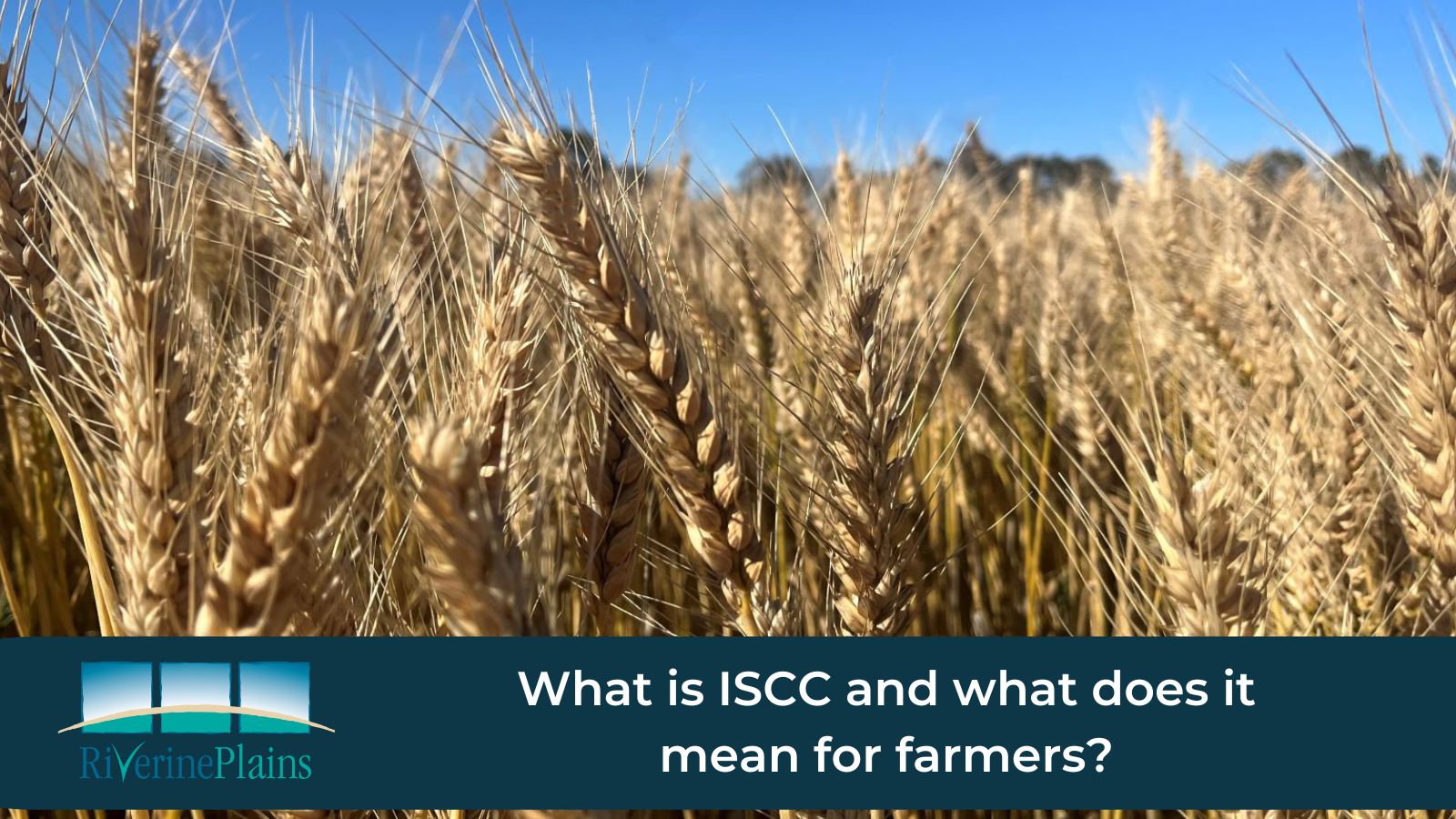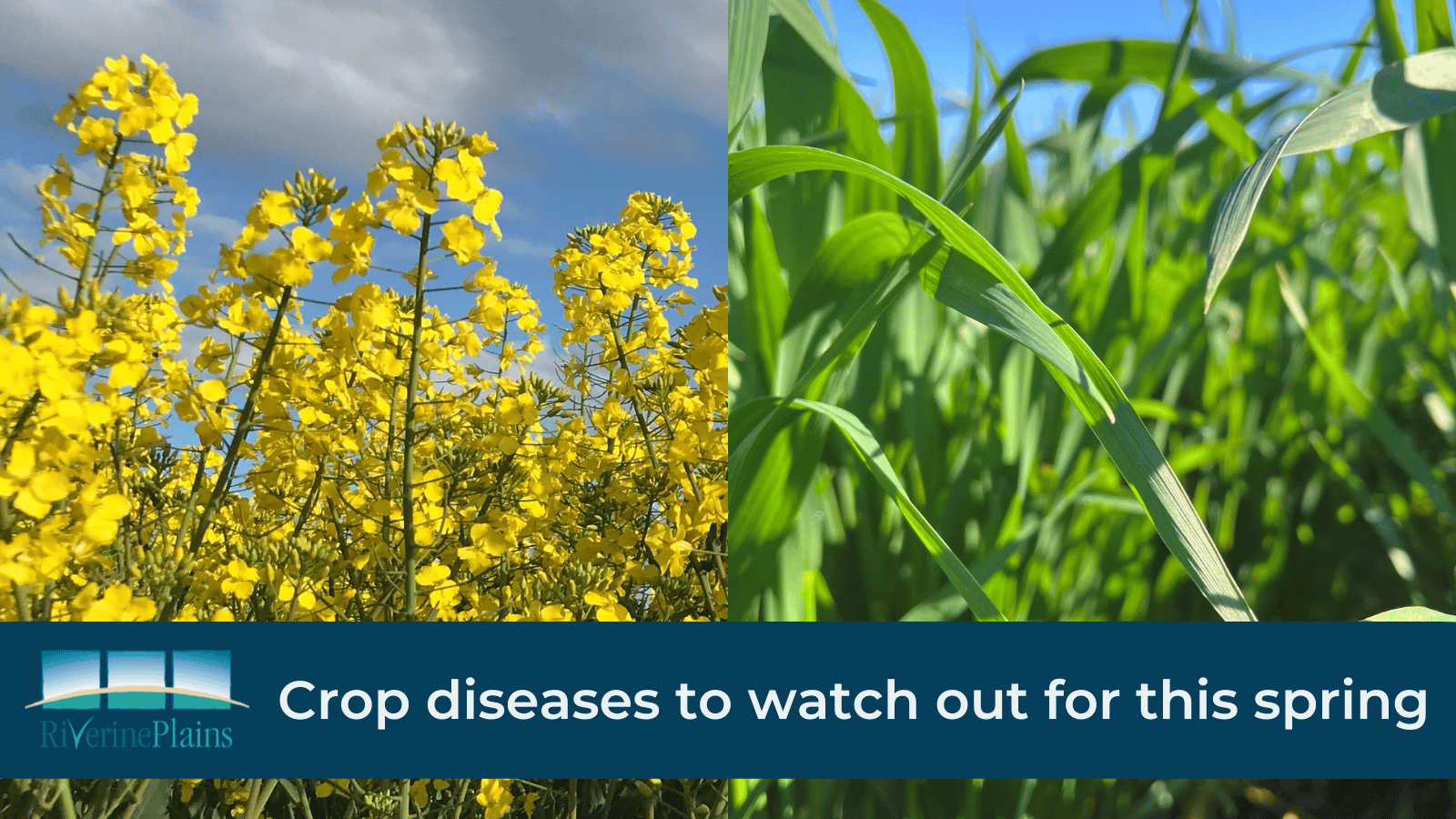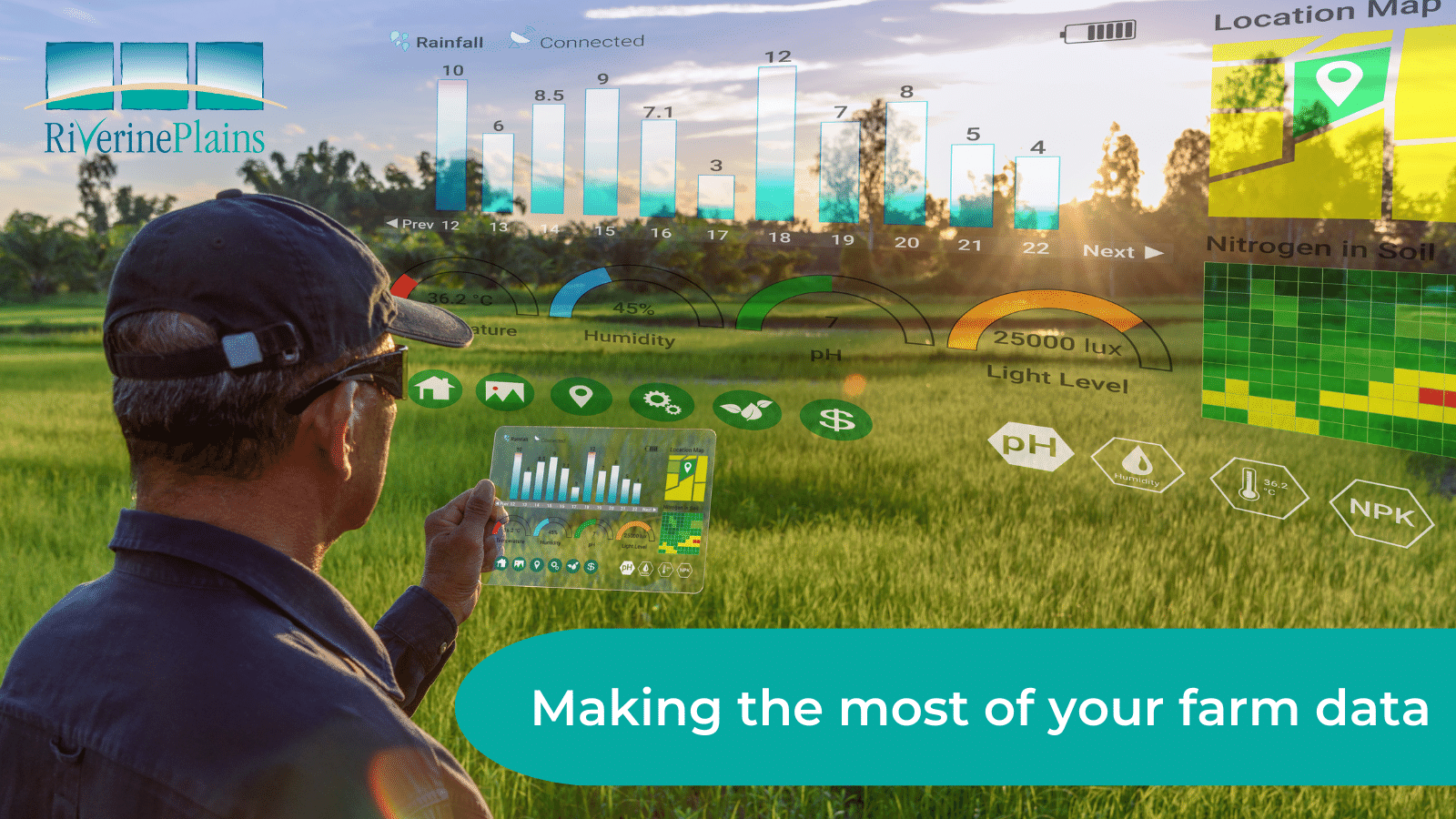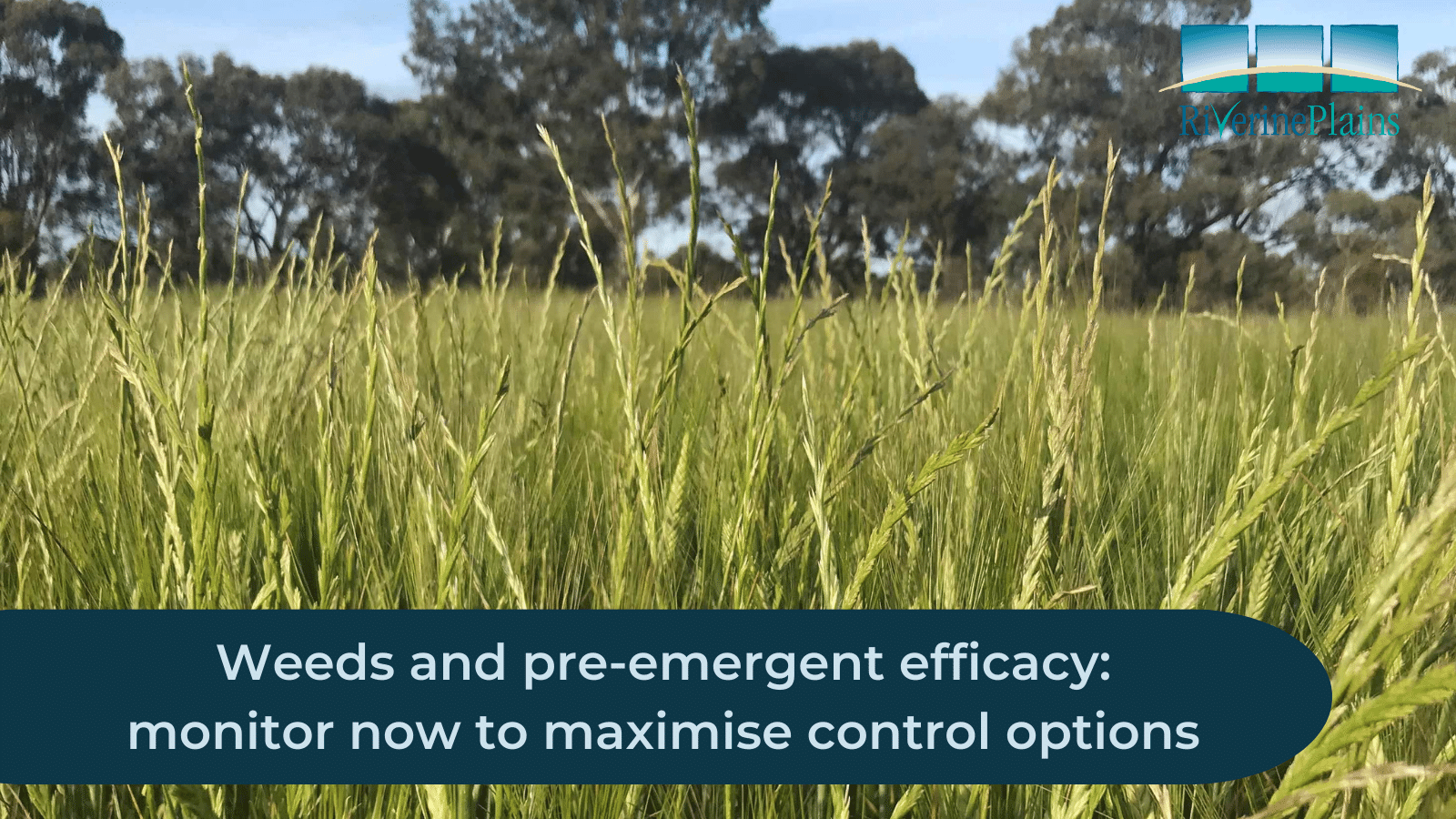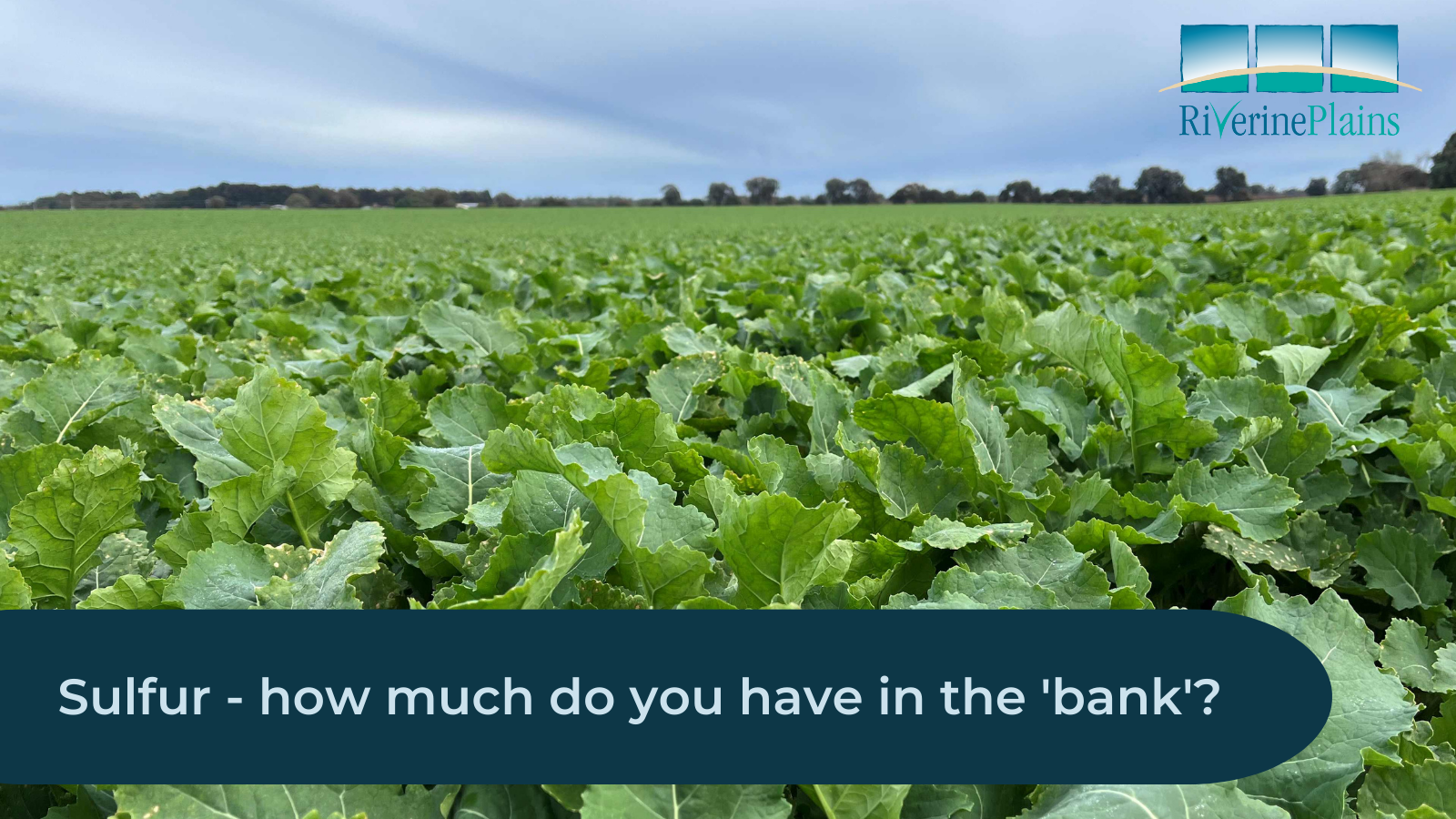What is ISCC and what does it mean for farmers?
Key messages
- The International Sustainability and Carbon Certification (ISCC) is a global certification system that verifies sustainability principles for biobased food, feed and renewables.
- ISCC certification is voluntary, however, growers can gain export advantages and access premium prices.
- Participating farmers can be audited, so it’s important to be able to produce documentation that supports your declaration if required.

